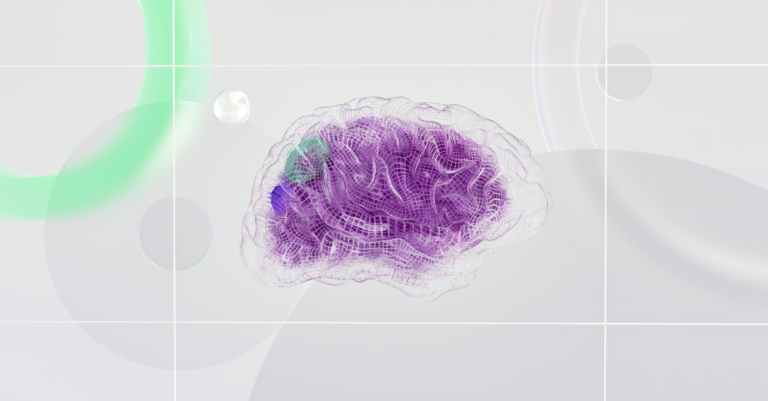How to Navigate the Use of Artificial Intelligence in Your Law Practice
Advancements in artificial intelligence (AI) are revolutionizing various industries, and the legal field is no exception. AI has potential to enhance the practice of law, raising intriguing questions about the intersection of technology and ethics. One thought-provoking development is the emergence of generative artificial intelligence – AI that can craft original documents, carry out in-depth analyses, and even draft legal briefs based on input prompts.
While AI, including tools like ChatGPT, can streamline initial legal work and research, it is crucial to remember that these tools should supplement, not replace, a lawyer’s expertise. As they operate on their training data and do not continuously update from new sources, there is always a chance of returning outdated or biased information. Lawyers must cross-verify the AI-generated information with current legal standards and their professional judgment.
The ability of AI to generate such outputs poses a series of ethical considerations for the legal profession. Florida’s Proposed Advisory Opinion 24-1, discussed more below, aims to explore and analyze some of these implications, particularly among lawyers familiarizing themselves with these emerging technologies.
Transformation or Hallucination?
While generative AI platforms such as GPT-4 promise efficiency and productivity boosters for lawyers, there can be pitfalls too. Some generative AI tools can ‘hallucinate’, or produce convincing yet inaccurate results, a potential field of ethical landmines. In fact, an incident involving false citations generated by AI led to official reprimands, highlighting the need for lawyers to scrutinize and verify AI-generated results thoroughly.
However, we have to remember that mistakes are not unique to AI tools. Errors and oversights in the practice of law can occur with or without AI, making careful review an ongoing necessity. One lesson here is that legal professionals should always vet the accuracy of facts and case law generated by AI, not rely solely on the software.
Furthermore, the ability of AI to handle nuanced legal situations remains limited. The field of law often deals with complex issues that require not just factual understanding but also creativity and intricate problem-solving – areas where current AI technology falls short. This underscores the indispensable role of human expertise in interpreting and applying legal principles.
Balancing Confidentiality and Efficiency
One of the major concerns in the use of AI among lawyers is confidentiality. Lawyers are trusted custodians of privileged and sensitive client details. The introduction of third-party AI tools into the legal process might imply potential disclosure of these details, raising confidentiality questions.
As per Florida Bar’s Rule 4-1.6, lawyers must take reasonable precautions to protect client information from inadvertent or unauthorized access. It’s this balance between harnessing new technology on one side and ensuring appropriate confidentiality and ethical practices on the other that forms part of the ongoing discourse of AI use among legal professionals.
The Way Forward
While the rapid evolution of AI technology can seem daunting, the legal fraternity must engage with it. Lawyers need to be aware of the capabilities and limitations of these tools, and more critically their ethical implications. As a profession that values diligence and precision, it is incumbent to approach these technologies with a good measure of skepticism alongside enthusiasm.
In terms of guiding future engagement with AI, regulations like Florida’s Proposed Advisory Opinion 24-1 are a good start. They underline that while AI use in law practice shouldn’t be discouraged, it must be tempered with obligatory ethical practices. Respecting client confidentiality, ensuring fair costs and adopting proactive oversight of AI tool use are essential steps in this fascinating journey.
The ever-evolving dialogue about AI use in law is a new chapter in the profession’s evolution. As regulators, courts, and practitioners continue to navigate this uncharted territory, it becomes clear that the intersection of AI and law represents a landscape of both profound challenges and exciting opportunities.
While AI tools offer valuable assistance in initial research and boosting efficiency, understanding their limitations is paramount. Lawyers should responsibly leverage AI, ensuring it complements their work while upholding ethical obligations. Complete reliance on AI for legal judgments or decisions is inadvisable. Instead, a balanced approach that values both technological advancement and indispensable human expertise is essential for the responsible use of AI in law.
–
We make it easy to get started with Skribe with your own media files: Try it for Free.
Schedule a Demo and experience Skribe in action with a complimentary, no-obligation session tailored to your business needs.
You may also be interested in: Skribe FAQ


